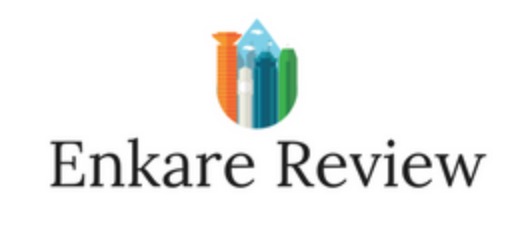On 10 June 2018, the 13-member team of Enkare Review, a literary journal, published a statement detailing a pattern of patriarchal abuse of power by a former member of the team, Troy Onyango.
This statement comes at a historical moment when abuses of patriarchal power are being detailed. Also at a moment when the system of patriarchy is protecting the men named as abusers.
(Yes, I know it’s redundant to write “patriarchal abuse of power,” but I fear we’ve forgotten the feminist critique that terms like “patriarchy” and “patriarchal power” carry.)
The statement was published on Brittle Paper and, on that space, something very familiar happened.
Here’s the Brittle Paper stance:

I paused over that first clause: "The literary space in Africa is one still developing." The development imaginary strikes again. Why frame the events at Enkare through "development"? Is the claim that the members of the Enkare team are undeveloped? Immature? Is the claim that members of African literary spaces do not understand and, therefore, cannot critique patriarchal power?
Why is a problem about power and patriarchy framed—and negated—by being framed as a problem about development? Why use one of the dominant tools of white supremacist colonial power—claims of backwardness—on a website ostensibly dedicated to African literary and cultural production?
If Brittle Paper wants to distance itself from the Enkare statement it published, it could simply have gone with the standard, "views articulated here are not ours."
I find it dangerous when a critique about power relations is framed as a problem of (delayed) development. I find it dangerous when African critiques of abusive power relations are diminished by being infantilized—infantilization is a patriarchal tool.
African literary spaces have a patriarchy problem. It needs to be taken seriously.
